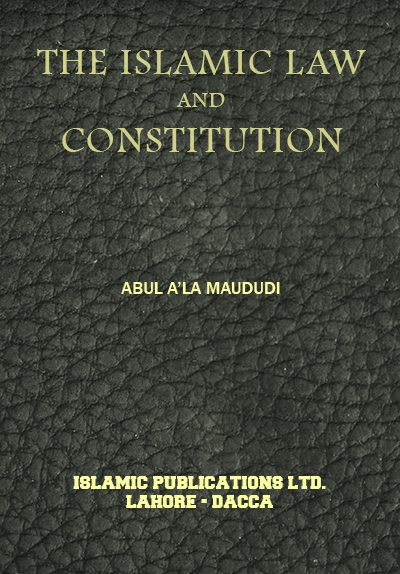



The leading Muslim thinker and statesman, Maulana Sayid Abul A'ala Maudoodi (b. 1903) was recently in London for four months (25 August-26 December 1968). Although he was on a medical visit, his presence in London had been a boon to all Islam-loving elements in general and the students in particular. He was available to the many who came to visit him and spent hours with them discussing almost everything. The members of the Editorial Board of THE MUSLIM also had some sittings with Maulana Maudoodi. A set of questions was put to the respected leader. The translation of Maulana's answers has been done by Khurshid Ahmad, who has also added explanatory notes wherever necessary.
Is the West, especially the US waking up to Saudi Arabia's destructive influence in the world? This article reproduced from the New York Times, raises pertinent questions about Saudi role, funding and ideological support of extremism in the Muslim world. The photo shows Saudi-inspired ISIS takfiri terrorists executing prisoners.
1Every year, in the month of Muharram, millions of Shi'as and Sunnis alike, mourn Imam Husayn's martyrdom. It is regrettable, however, that of these mourners very few focus their attention on the objective for which the Imam not only sacrificed his life but also the lives of his kith and kin. It is but natural for his family members and those who foster feelings of love, respect and empathy for his family to express their grief over his martyrdom.
The media in Pakistan display the most negative characteristics of any group in the country. Most of them are on the payroll of foreign masters including the Americans and Indians, they indulge in the most nonsensical allegations against people they do not like. The new amir of the Jamaat-e Islami, Sirajul Haq has also been subjected to vicious attacks.
The reasons for the current political turmoil in Pakistan are not difficult to see. We have a government, led by Pervez Musharraf, that has been utterly discredited by its subservience to the United States of America, which is regarded as a sworn enemy by the majority of Pakistan’s people, and by its willingness to wage war on its own people at the US’s behest. And we have opposition politicians angling to replace Musharraf who have no more credibility because of their own records in power in the past, and the fact that they too are perfectly willing – even eager – to kowtow to the US in order to secure their own position.
Maulana Sayyid Abul Ala Maudoodi (1908 – 1979) is the best-known modern Muslim writer and activist and his books, both in their original Urdu and in translation are probably more widely read in all countries than any other contemporary Muslim author. As founder of the Jama’at-e-Islami in Lahore in 1941, he is unique among Muslim scholars in that he was also a man of action who, through his political movement, strived to the limits of his mental and physical strength to implement into practical life all that he wrote.
The present article was published by Shahid Shaqaqi in Egypt. It was translated into English and first published by the Islamic Propagation Organization of the Islamic Republic of Iran, in Canada, with the title, Sunni vs. Shi'ah: A Pitiful Outcry, and under the pen name of the author, Ezzoddin Ibrahim.
1A book like the present one, which has not been written in the common textbook style, may not cater to all the academic needs of a student or Islamic Law and Constitution, who wants to study the subject in all its multifarious details, but I do hope, it will prove of immense help to all those persons who want to study the nature of the Islamic State, its theory, form and underlying principles, and who wish to understand how the Islamic Law can be implemented in a modern state. Today there are many countries whose Muslim population is, after attaining independence, naturally eager to base its polity on those principles and traditions of Islam which are a demand of its faith and conscience.The people want that the Islamic Law should be introduced in their respective countries so that they may follow a law which they owe their honest and sincere allegiance.
1
